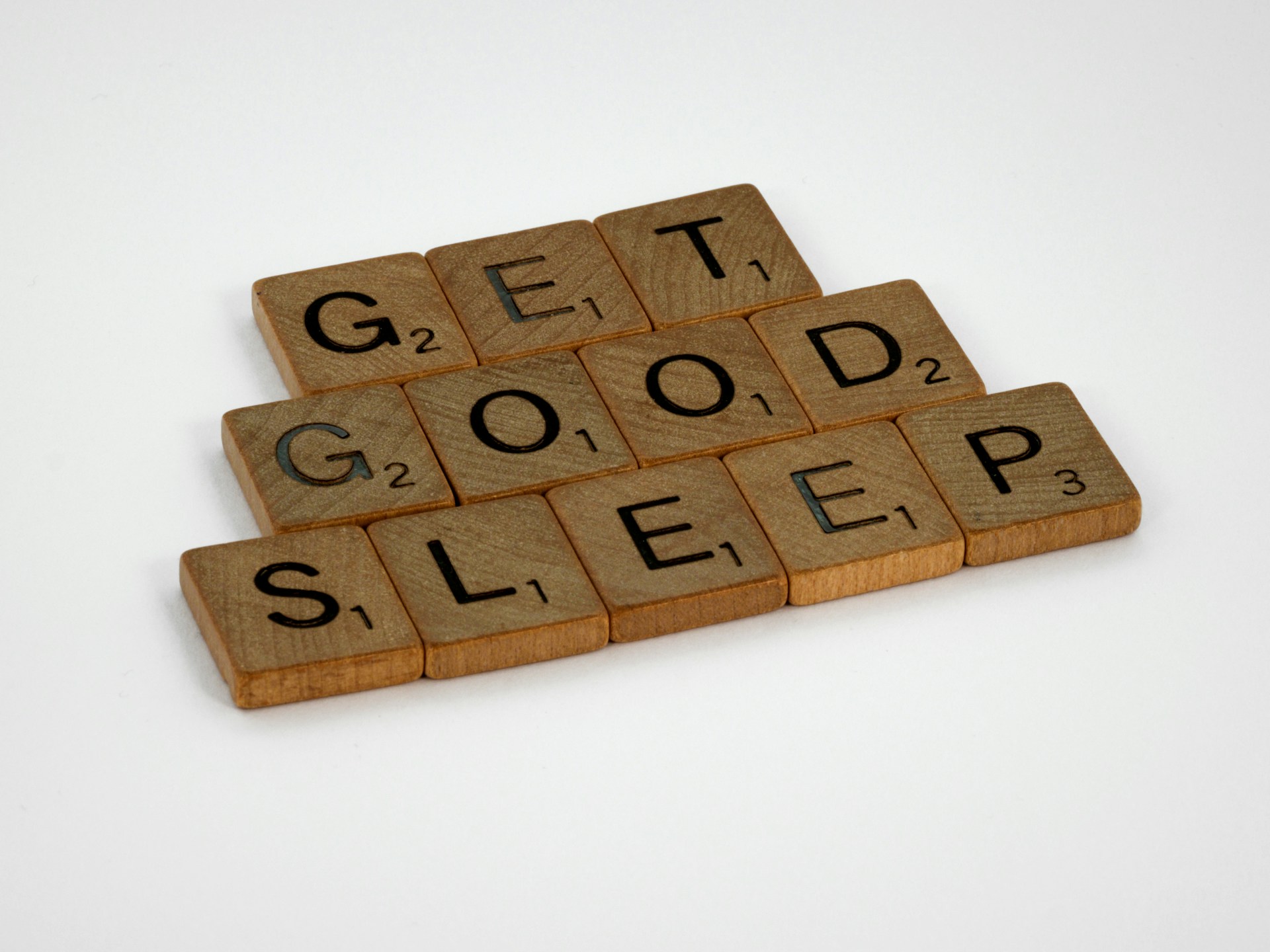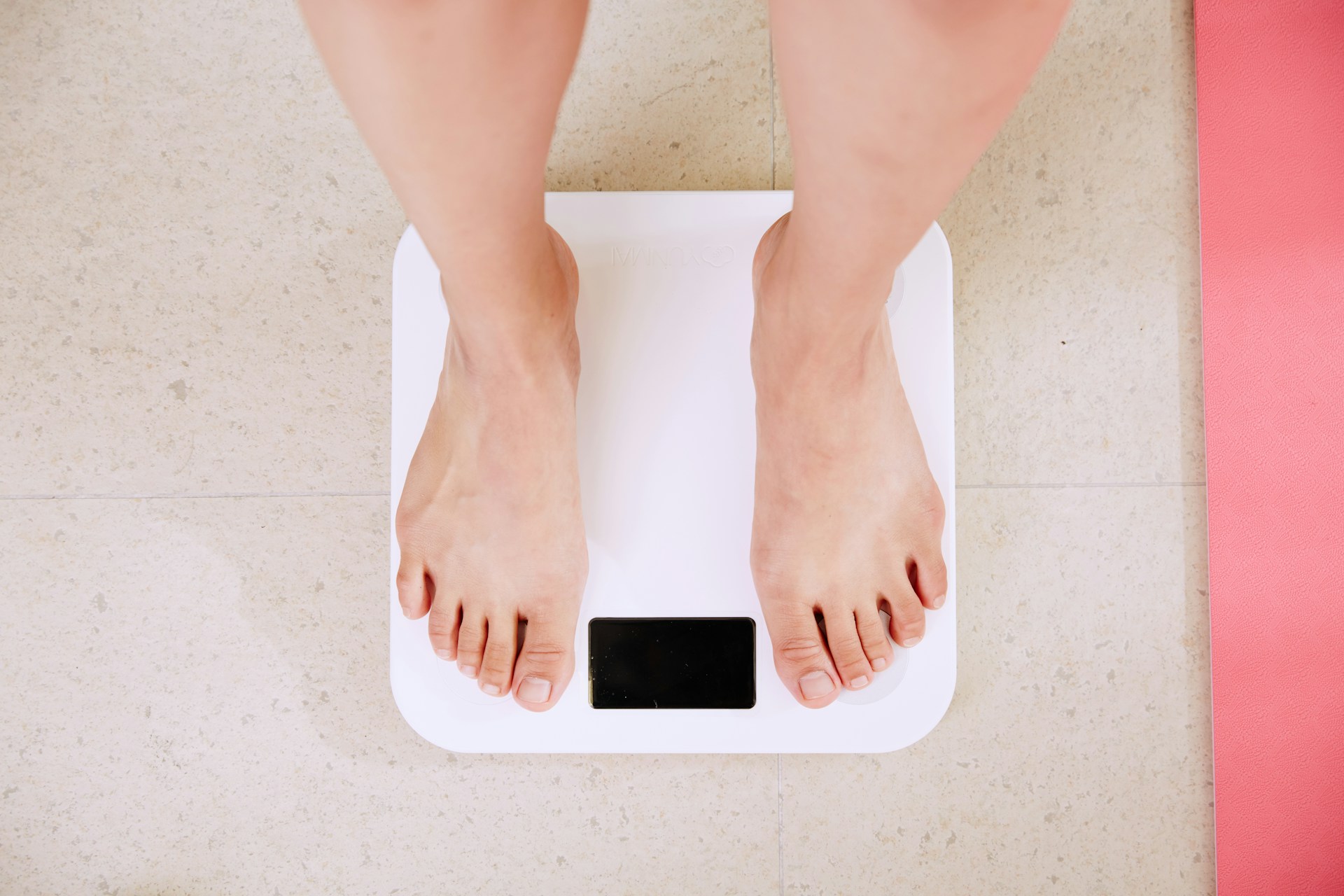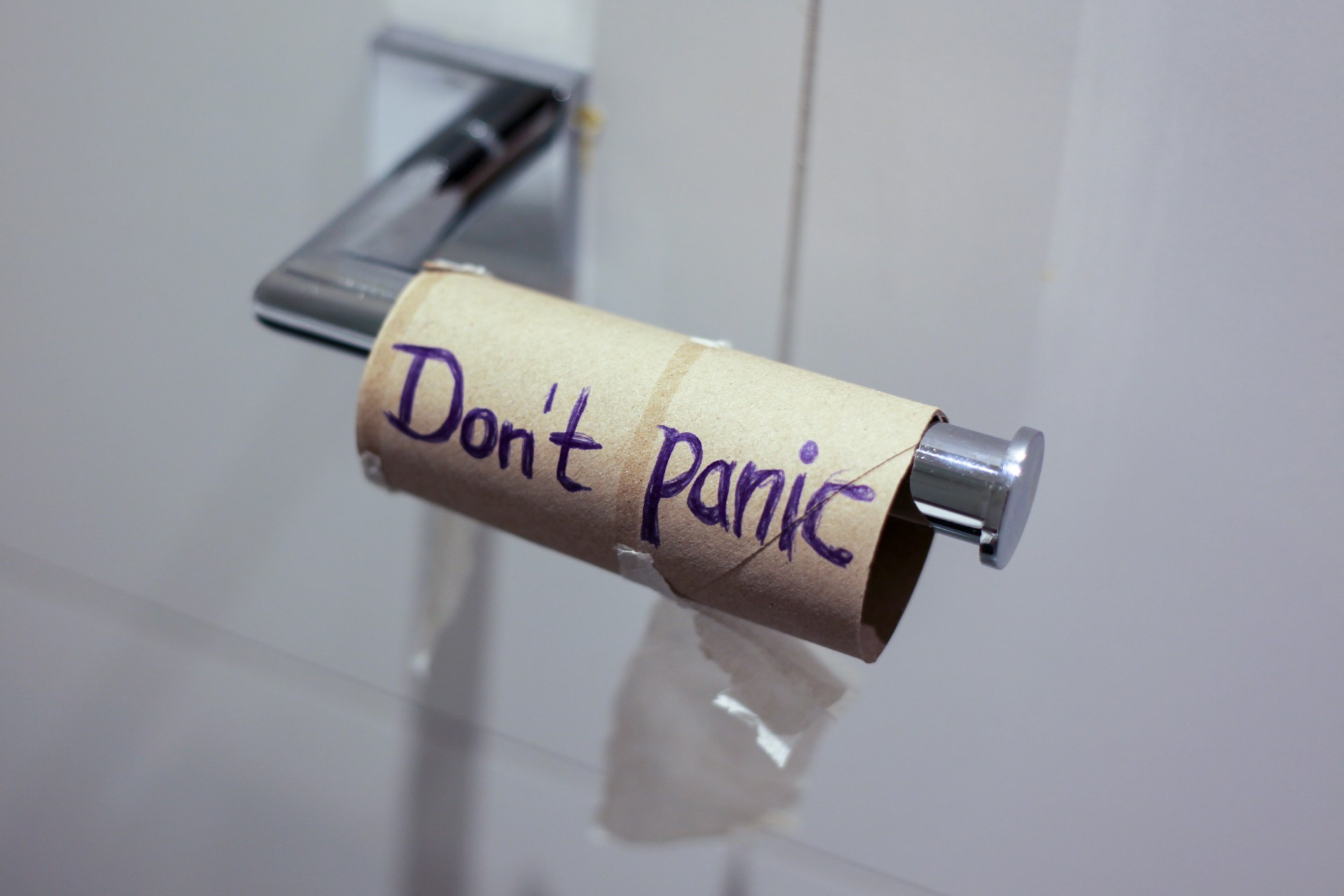How to Get a Good Night's Sleep When You Work a Seafarer Job

It’s not exactly a secret that getting a good night’s sleep is essential for living a happier and healthier life - and while many on land can suffer with sleep disorders such as insomnia, how do you cope if you struggle to get quality sleep while working in a seafarer’s job?
It can be tempting to brush off sleep issues and not get to the root cause, or to just assume there’s nothing you can do about it and that you’re doomed to a life of unsettled nights and exhausted days.
But the fact is, consistently having low quality rest can affect our physical health, mental health, quality of life and - especially crucial if you’re working in jobs at sea - your safety, and that of others around you.

In fact, it can’t be stressed enough just how important sleep is for us humans. And generally speaking, an adult needs, on average, 7 hours of quality sleep, although this does depend on your age.
A good night’s sleep is everything when you work in a job at sea
We’ll take a look at how to sleep better if you work in a job at sea and your working schedule is made up of watches or shifts. First though, let’s check out a few facts about sleep.
Good quality sleep is important because:
- It stops you feeling tired - obviously - and tiredness leads to irritability. In extreme cases where there is a lengthy period of poor sleep, this can lead to extreme exhaustion.
- Extreme tiredness, or exhaustion, can lead to mental or physical health problems - or both.
- It helps your brain function correctly. The period while you are asleep is when your brain is readying itself for the following day.
- It makes you more aware, more able to concentrate, and more productive.
- It can improve your immune system to help fight off ailments such as colds.
- It helps regulate the hormones that are linked to appetite, therefore prolonged poor sleep can result in weight gain and even obesity.

As we can see, getting a good night’s sleep is so important. And it’s even more crucial when you take into consideration that continually suffering from broken sleep, or a lack of sleep can result in some serious issues, such as:
- An increased risk of type 2 diabetes.
- An increased risk of stroke.
- An increased risk of heart disease.
- An increased risk of inflammatory bowel disease.
- An increased risk of depression.
- An increase in problems conceiving a baby - for both women and men.
In fact, when it comes to practicing good sleeping habits, it really should be equal in terms of importance as regularly exercising, eating healthily, not smoking, and drinking alcohol in moderation.

But it’s all very well saying ‘get better sleep’ - and as anyone who has suffered from a sleep condition knows, it’s far easier said than done.
Below follow some general guidelines for getting a decent night’s sleep. These won’t all apply while you’re away working at sea and your timetable and sleeping patterns are dictated by your shifts and watches, but they’re still worth bearing in mind, particularly if you have trouble sleeping when you are at home on land.
General tips for a better night’s sleep
- Only use your bed for what it is intended - i.e. don’t use it for working, surfing the internet, making phone calls, or watching television - especially in the daytime.
- Quit using your laptop, smartphone, eReader, games console, tablet etc. at least half an hour before you go to bed.
- Try to stick to a routine and go to bed and get up in the morning at the same time every day.
- Talking of routines, build some time for exercise into yours. Working out in the morning or during the day (not late at night) will keep energy levels up during your waking hours and help you sleep better at night.
- Keep your bedroom at a cool temperature, around 62-68 degrees Fahrenheit (17-20 degrees Celsius) and make sure it’s dark. Also invest in the best and most comfiest, mattress you can afford.
- Don’t eat a heavy meal, or drink alcohol or caffeine right before going to bed.
- And avoid drinking lots of liquids of any type during the evening as this can keep you awake with constant visits to the bathroom.

In addition, if you really can’t fall asleep, remove yourself from the situation. Lying in bed awake, stressing over your inability to fall asleep is NOT relaxing. It can also make you subconsciously associate your bed with not sleeping.
Therefore, get up and move to your living room or another room in the house where you have a chair or a sofa. Don’t try and force yourself to sleep but instead read a book, meditate, focus on your breathing, or play mind games such as naming a city beginning with every letter of the alphabet or counting back from 100.
Tips for a better night sleep for seafarers
These more specialized tips are aimed at anyone who works on a shift or watch rota. Again these might not all apply to you as you might not be in a position to have control over your shifts/watches but they’re worth bearing in mind.
- Make sure your accommodation, room or cabin is dark when you’re about to go to bed - even if you’re sleeping during the day.
- If you can, try and nap for a couple of hours before your shift or watch. Give yourself a minimum of half an hour to wake up properly before you head to work.
- If you are able to, expose yourself to light as much as you can while working a night shift as this will assist your body with its natural day to night light cycle. Obviously this will not be possible on the bridge during a night watch but if you’re working in other areas of the vessel, bear this in mind.
- If your night shift or watch is fixed and you don’t alternate with other crew members, adjust your meal times and bedtime accordingly, as if it was a ‘normal’ working day.
- While knocking back tea and coffee at the start of your watch or shift might make you feel more awake and alert, switch to non-caffeinated drinks later on as this will not help you sleep when you finish.

How to get a good night’s sleep in seafarer jobs: conclusion
Wellness at sea is something that employers need to take seriously, and it is also up to all of us as individuals to look after ourselves as best as we can.
You don’t need us to tell you how physically demanding seafarer jobs are, and if you’re suffering from a lack of sleep, you won’t be performing at your best. Not only that, but you could make poorly judged decisions, miss vital alarms or signals, misunderstand instructions or orders, and end up putting yourself and others at risk.
Jobs at sea are tiring and you need the best possible sleep to make it through your contract happily and healthily. If the tips above don’t help and you’re really struggling with irregular sleep, falling asleep or staying asleep, it might be a good idea to speak to your local physician or doctor when you’re back on land.

Find your next seafarer job with Martide
If you’re looking to line up your next contract, why not take a look at Martide’s online seafarer job vacancies.
Applying for jobs at sea with us is easy. Simply create an account, upload your information and seafarer documents into your profile, and then start applying for the jobs you like the look of!
It’s free to create an account (and it always will be) and you can also search and apply for jobs using our seafarer job app. That makes it easy to stay in control of your job search and applications no matter where in the world you are.
Download the free app today from Google Play for Android or from the Apple App Store.

Eve Church
Eve is Martide's content writer, publishing regular posts on everything from our maritime recruitment and crew planning software to life at sea. Eve has been writing professionally for more than two decades, crafting everything from SEO-focused blog posts and website landing pages to magazine articles and corporate whitepapers.
UK


